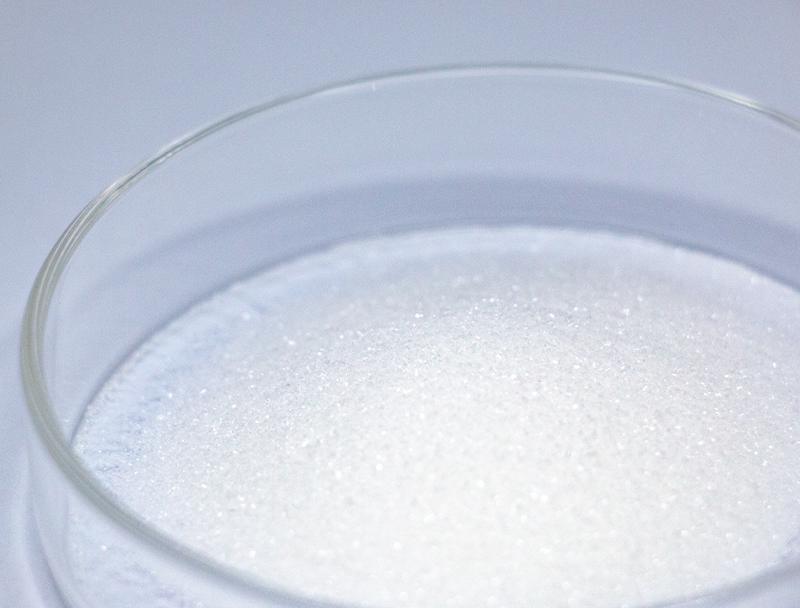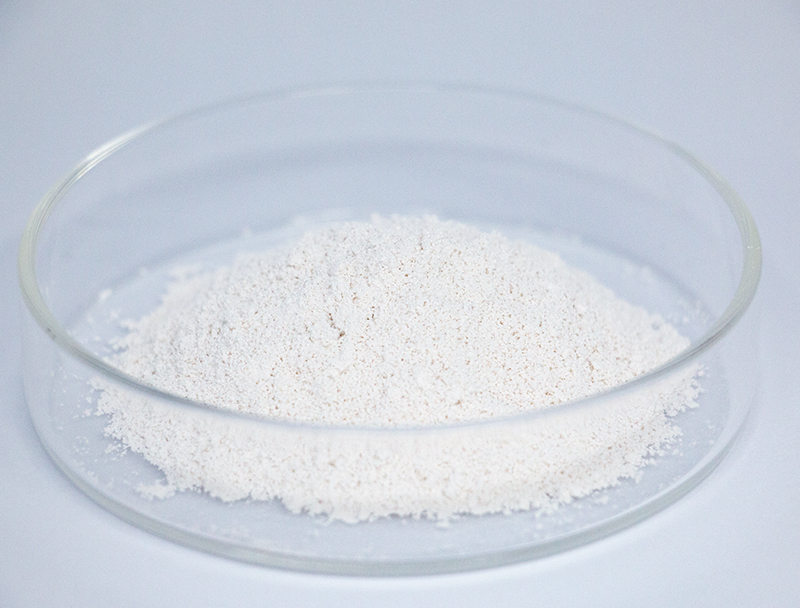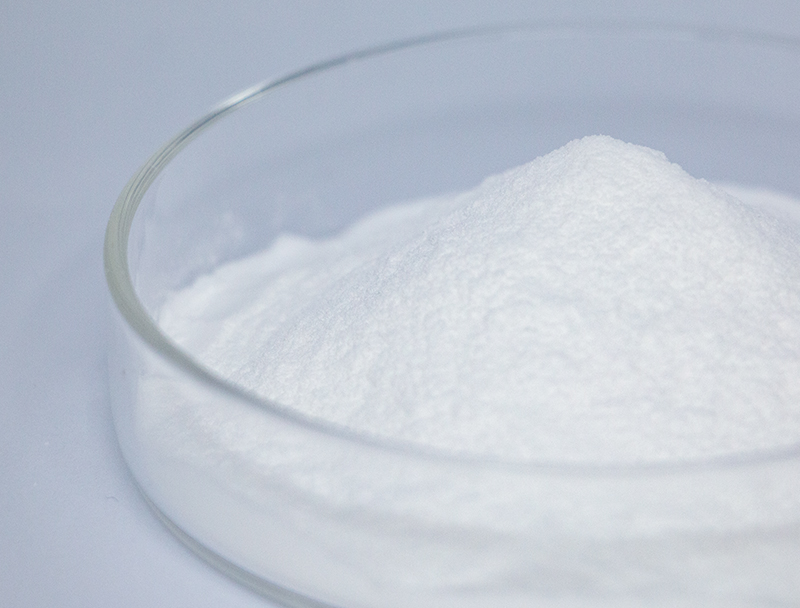
Biotech manufacturing draws predominantly from a plentiful suite of base components to produce innovative bio-based products.
Protecting the sustainable sourcing of these resources is critical to longevity and principled development in the sector.
various risks tied to conventional feedstock acquisition for example habitat harm and overextraction of resources. Therefore, producers should prioritize ethical sourcing models to curtail ecological damage.
- Illustrations of eco-conscious sourcing involve:
- Integrating compostable agricultural waste into supply chains
- Operating reuse-focused platforms to lower discard and increase efficiency
- Building relationships with nearby vendors dedicated to moral sourcing
Transitioning to green supply models secures ecological benefits and economic upside.
Advancing Biomass Preparation for Elevated Biofuel Production
Increasing biofuel conversion efficiency is tied to feedstock composition and condition. Scientists are constantly exploring novel strategies to optimize these feedstocks, leading to higher yields of biofuels and a more sustainable energy future. Tactics include molecular breeding to increase biomass and chemical or physical pretreatments to release sugars.
- Also, studies emphasize discovering resources such as seaweed, organic waste, and residual straw to diversify sustainable feedstock supplies for fuels.
- By means of ongoing innovation the biofuel sector can achieve substantial advances soon, shaping a cleaner energy future.

Transformations in Upstream Biopharma Workflow Design
spans early manufacturing steps including propagation and cell separation Current advancements have streamlined operations and improved bioproduct yields.
Pivotal enhancements embrace high-performance cell lines, balanced media compositions, and intelligent reactor control systems. Such breakthroughs boost efficiency and simultaneously reduce manufacturing costs and carbon burdens.
- Concurrently, continuous manufacturing approaches bring amplified flexibility and more consistent upstream outcomes.
- Implementing cutting-edge manufacturing technologies will probably redefine workflows and accelerate innovation.

Molecular Editing Strategies to Increase Bioproduct Output
refinements in gene-targeting technologies have advanced protein production workflows. With exact genomic alterations, researchers improve host productivity for therapeutic manufacture. Such strategies offer promise to create cost-effective, high-efficiency therapeutics across many disease areas.
Applying Microbial Tools to Improve Environmental Remediation
novel biological remediation techniques leveraging microbial metabolisms for pollution control. Engineered and natural microbes can attenuate pollutants via metabolic conversion.. By harnessing this natural potential, we can develop environmentally friendly strategies for cleaning up contaminated sites and mitigating the negative impacts of industrial activities.. Investigators study multiple microbial strains for abilities to transform metals, degrade agrochemicals, and process petroleum wastes.. Microbial cultures can function in contained bioreactors or be deployed onsite to facilitate biodegradative remediation..
Microbe-based remediation provides compelling advantages over standard remediation methods. Microbe-driven cleanup typically costs less and generates fewer dangerous byproducts. Furthermore, microbial solutions are highly specific, allowing for the remediation of particular pollutants without disrupting the broader ecosystem. Research efforts persist to upgrade the potency and implementation of microbial remediation strategies.
Leveraging Bioinformatics for Novel Therapeutics
Bioinformatic tools play an increasingly crucial role in the modern landscape of drug discovery and development. By leveraging complex datasets, bioinformatics expedites discovery and optimizes candidate safety and potency.
- With analysis of broad omics and clinical datasets, bioinformatic experts identify targets and model drug effects.
- Likewise, computational docking and dynamics help design molecules with improved target engagement and potency.
- To conclude, computational approaches are revolutionizing discovery and reducing time-to-patient for effective drugs.
Metabolic Engineering Strategies for Enhanced Bioproduct Synthesis
deploys several tactics to elevate cellular production of valuable biochemicals. Techniques span CRISPR-mediated edits to reshape pathways, synthetic control elements to fine-tune expression, and gene imports to grant new biosynthetic abilities.. By fine-tuning these processes, engineers can significantly increase the yield of desired bioproducts.
This wide-ranging tactic can overhaul industries spanning medicine, agriculture, and energy production.

Scale-Up Challenges and Prospects for Biopharmaceuticals
Scaling up biopharmaceutical production presents both significant challenges and exciting opportunities. Preserving batch-to-batch quality when scaling up is a key challenge. This requires robust process control, precise monitoring, and sophisticated analytical techniques.

Also challenging is the layered complexity of biomanufacturing encompassing numerous sequential steps.. Translating lab methods into scalable operations needs heavy research and technology breakthroughs.. However, the prospective rewards are sizable. Effective scale-up may expand patient access to therapies, GABA cut unit costs, and improve margins.
Different initiatives are progressing to solve scale-up constraints. They encompass new process-improvement tools, in-line analytics for continuous oversight, and creative manufacturing approaches.
- Ongoing innovation drives improvements in industrial production capability.
- Regulatory bodies are modernizing pathways to accelerate approval of advanced production technologies and support innovation.
Navigating the Regulatory Landscape for Biopharmaceuticals: Ensuring Safety and Efficacy
Bringing biologics to market involves rigorous regulation designed to protect patients and confirm therapeutic benefit. Biologically derived medicines entail particular manufacturing and regulatory complexities compared with chemical drugs.
Institutions such as the U.S. FDA and European EMA lead in formulating regulations and benchmarks for biologic approvals..
Rigorous testing protocols are mandatory throughout the development lifecycle, from pre-clinical research to post-market surveillance.. Such safeguards are intended to detect hazards and ensure therapeutics adhere to top-tier safety benchmarks..
Moreover, oversight agencies continually refine approaches to align with accelerating scientific progress in therapeutics.. Actions include accepting new technologies and streamlining development channels while safeguarding patient health.

Plant-Derived Inputs for Next-Gen Bioplastics
A stronger push for environmentally responsible materials is driving research into renewable options. Plant-derived biomass as input for bioplastics represents a practical route toward greener materials. Feedstocks including cornstarch, plant cellulose, and sugarcane derivatives yield biodegradable plastics which break down and mitigate plastic pollution.
Additionally, many plant-based bioplastics show performance characteristics similar to conventional plastics for numerous uses.. Continued research and innovation in this field are crucial to unlocking the full potential of plant-based biomass feedstocks in the manufacture of sustainable bioplastics, paving the way for a circular economy.
This Emerging Impact on Public Health and Food Systems
Biotech provides transformative capabilities that can change healthcare outcomes and strengthen food systems. Via genetic modification, synthetic design, and therapeutic cell technologies, researchers build solutions to control infections, increase crop productivity, and enrich food quality.. Illustratively, crops altered for pest resistance and stress endurance support increased harvests and diminished pesticide usage.. Concurrently, biotechnology drives development of immunotherapies, antibiotics, and diagnostics that play a key role in controlling diseases and improving health metrics. As research progresses, biotechnology holds immense promise for creating a healthier and more sustainable future for all.
